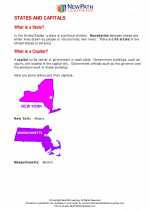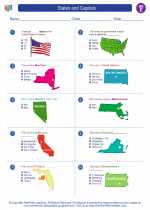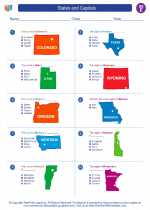Urbanization
Urbanization refers to the increasing population concentration in urban areas, resulting in the growth of cities and towns. This process is often associated with the migration of people from rural to urban areas in search of better economic opportunities, improved living conditions, and access to various amenities and services.
As a result of urbanization, cities expand in size and population, leading to the development of infrastructure, such as transportation systems, housing, and public facilities. Urbanization also brings about changes in social, economic, and environmental aspects of society.
Factors Contributing to Urbanization
- Rural-urban migration
- Industrialization and job opportunities in urban areas
- Improved access to education and healthcare in cities
- Technological advancements and urban development projects
Impacts of Urbanization
- Increased demand for housing and urban infrastructure
- Challenges in providing essential services to a growing urban population
- Environmental concerns such as pollution and resource depletion
- Social changes and cultural transformations
Study Guide Questions
- What is urbanization and what factors contribute to this process?
- Discuss the impacts of urbanization on infrastructure, environment, and society.
- How does urbanization affect the distribution of resources and opportunities within a country?
- Examine the historical and contemporary patterns of urbanization in different regions of the world.
Understanding the concept of urbanization and its effects is crucial for comprehending the dynamics of modern societies and the challenges they face in accommodating growing urban populations.
.◂Social Studies Worksheets and Study Guides Fifth Grade. States and Capitals

 Worksheet/Answer key
Worksheet/Answer key
 Worksheet/Answer key
Worksheet/Answer key
 Worksheet/Answer key
Worksheet/Answer key
